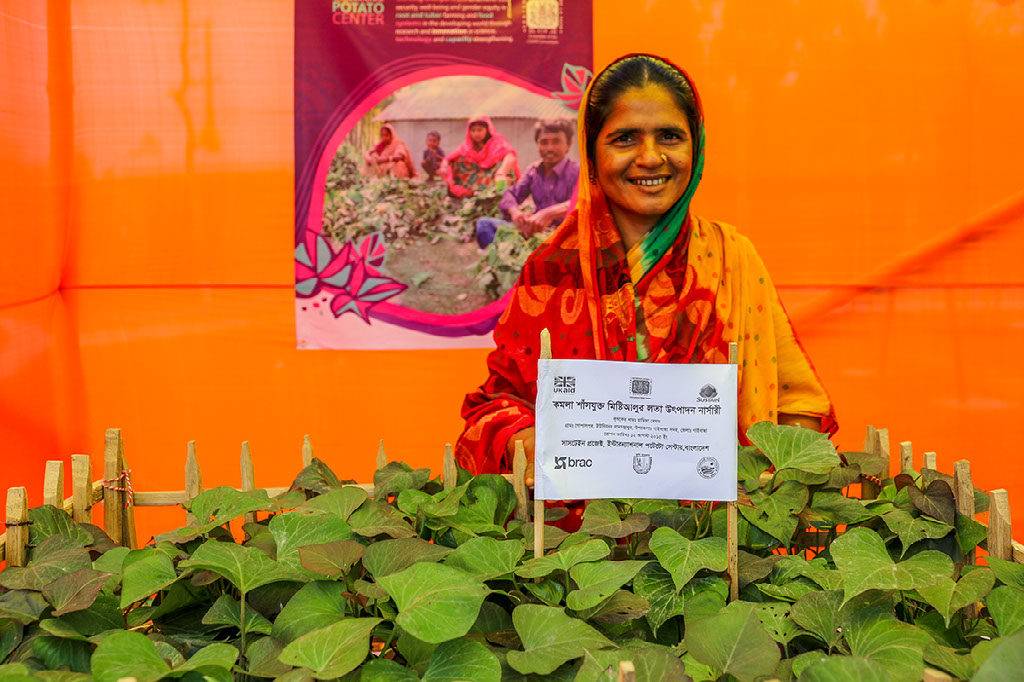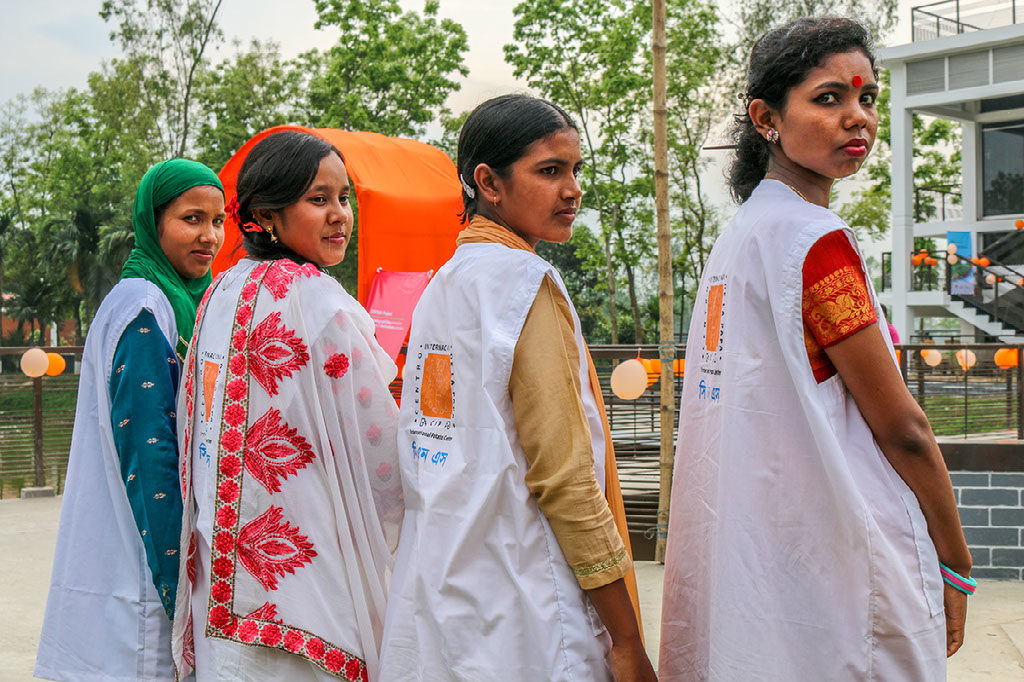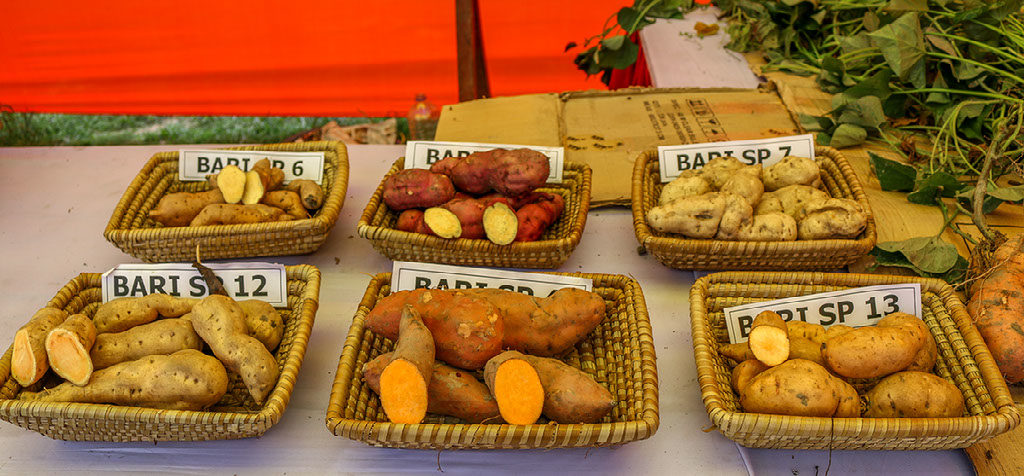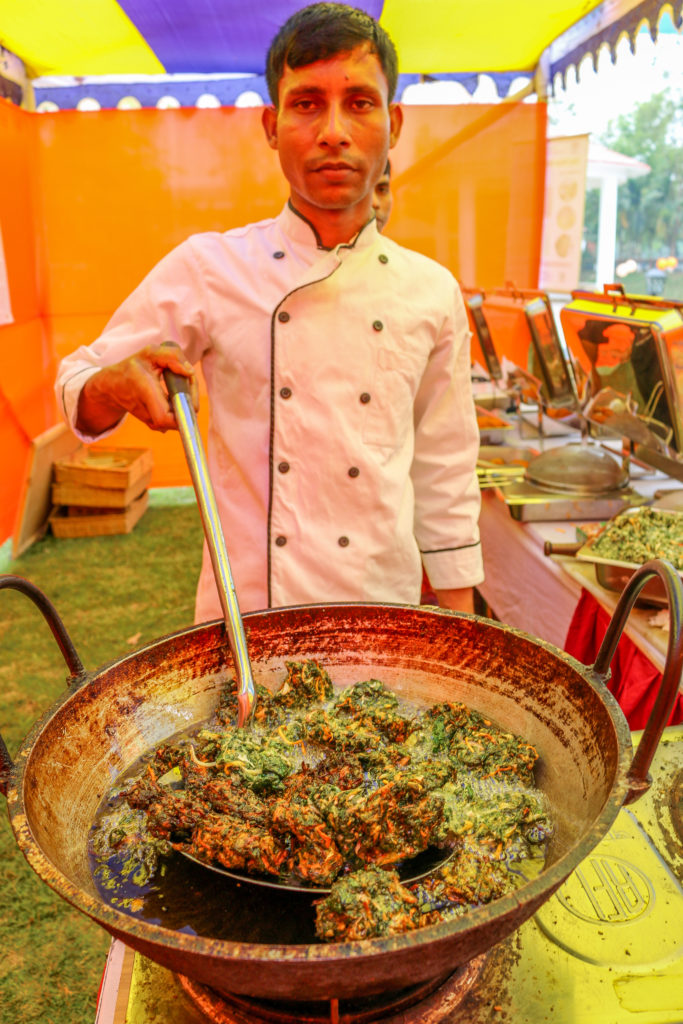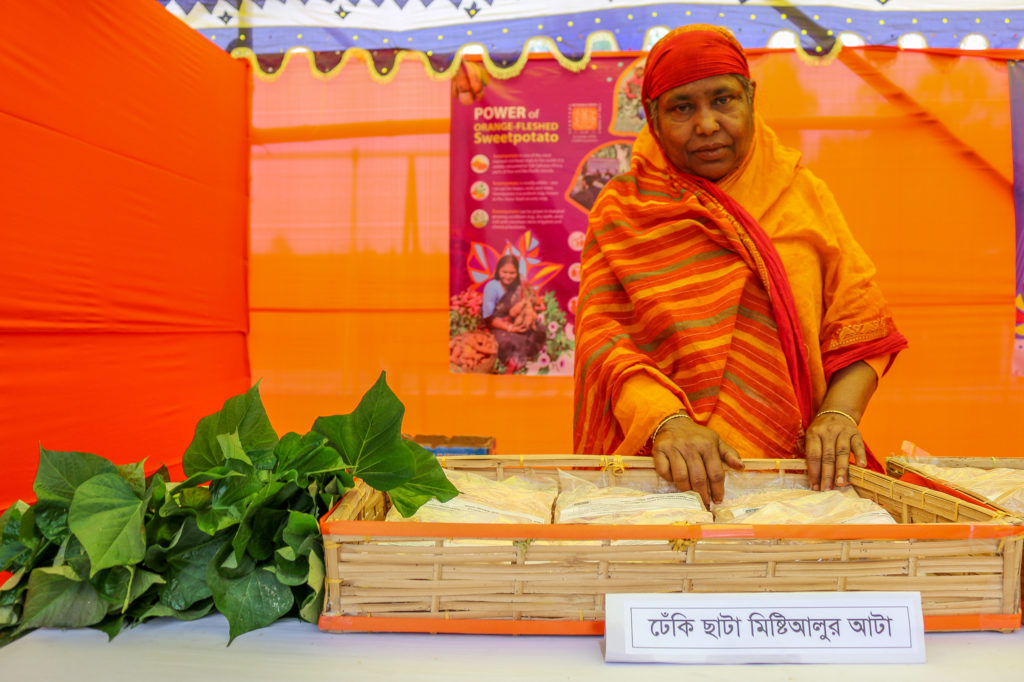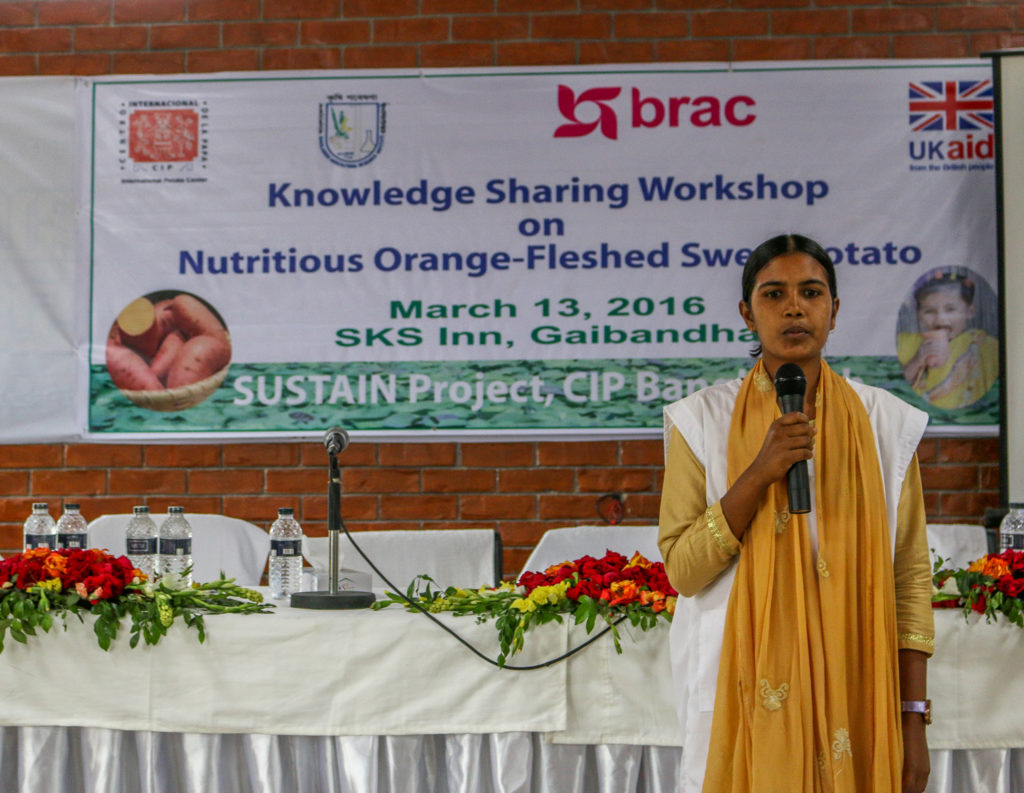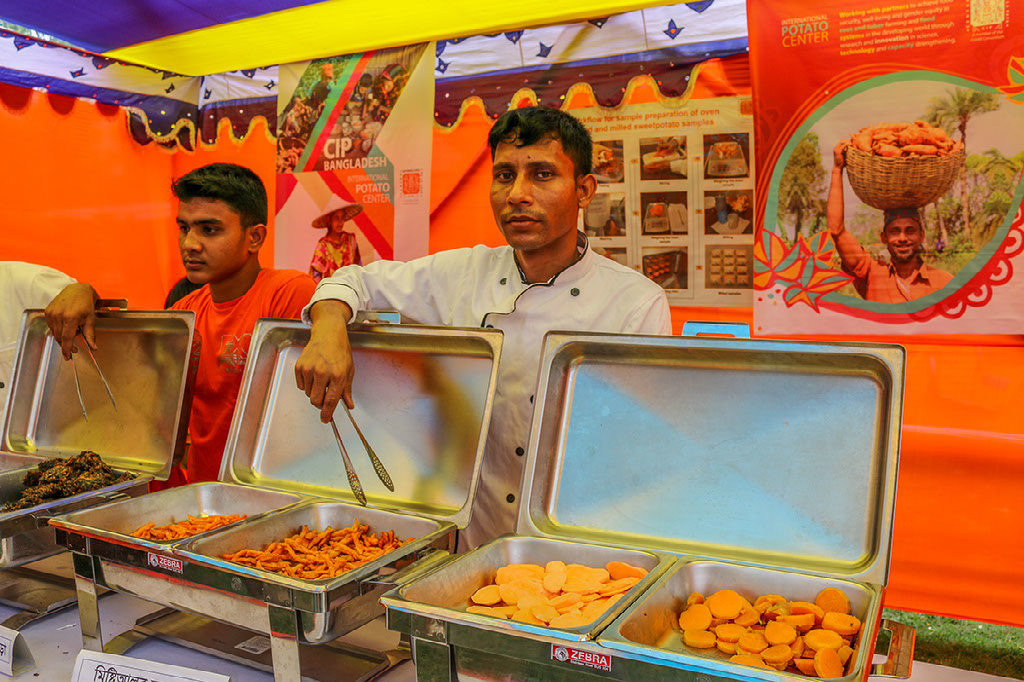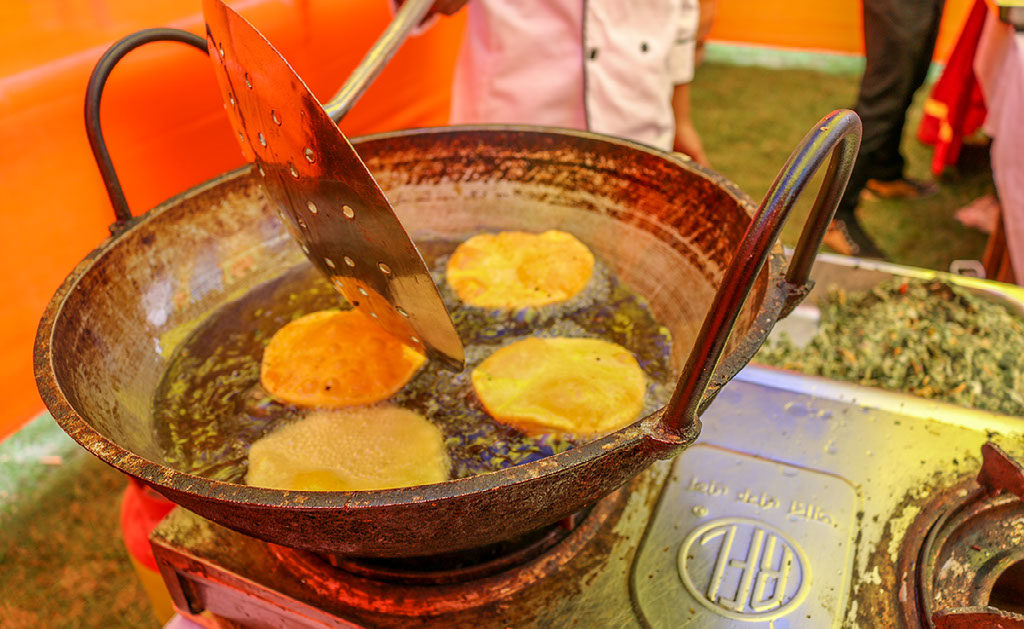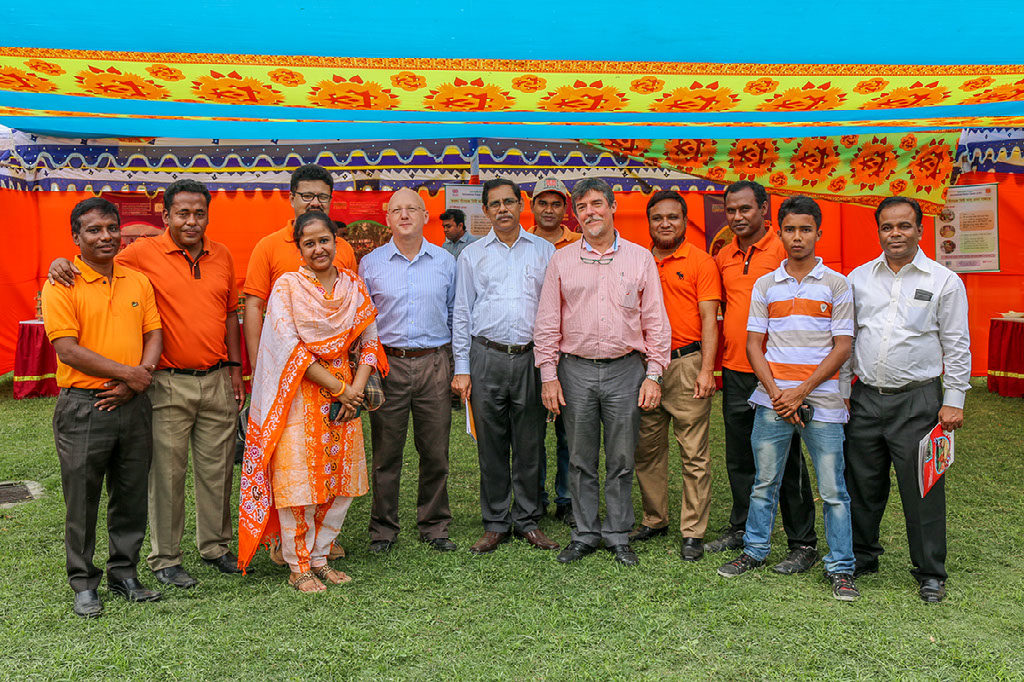With over 160 million people in Bangladesh you are never far from a bustling town, a market heaving with people and streets filled with rickshaws, cars and bikes. With one of the largest populations in the world, Bangladesh is a complicated, vibrant, chaotic and competitive place to live. The sheer size of the population brings it with a range of challenges around access to food, water, healthcare and financial opportunities which can make daily life a struggle for many.
But with this density of people comes opportunity. With individuals closely connected to their communities and their families and with everyone closely intertwined there is great opportunity to create change. A new concept, a new product or a new approach can quickly be picked up as word passes from person to person, community to community and town to town.
It is this idea – that from little things, big things grow – that brought together over 70 people to Gaibandha in Northern Bangladesh to collaborate on how orange fleshed sweetpotato (OFSP) can bring change to communities across the country with improved opportunities for nutrition, livelihoods and food security.

